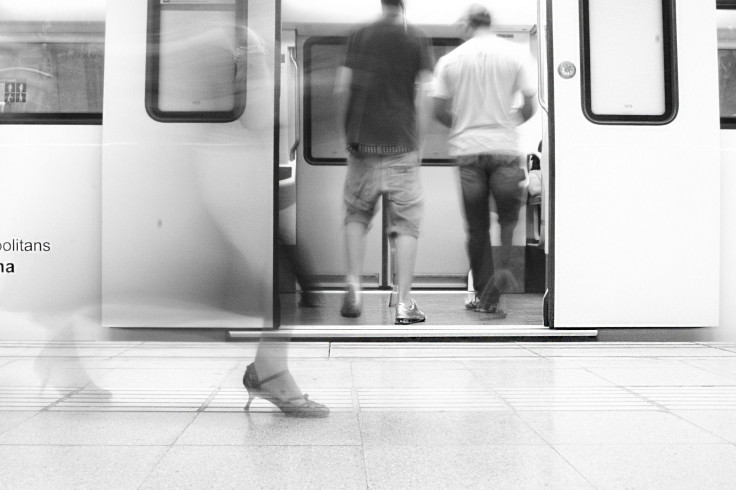Public Transportation May Be Better Than Driving: The Heart-Healthy Benefits Of Taking A Train Or Bus

Commuters may complain when their train is late or the person sitting behind them on the bus is blasting music, but it's far healthier than driving to work each day. Researchers from the Moriguchi City Health Examination Center in Japan compared the health of those who take public transportation to those who drive, and their findings link three major health benefits to trains and buses.
Researchers studied 5,908 bus and train commuters, walkers, bikers, and drivers from Japanese cities, each an average age of 49- to 54-years-old. Those who relied on public transportation every day were 44 percent less likely to be overweight, 34 percent less likely to have type 2 diabetes, and 27 percent less likely to have high blood pressure. Researchers believe it's because people taking a bus or train to work may walk farther to and from the station than those biking, walking and, especially, driving.
According to the American Heart Association, walking is the simplest way to start living a healthier lifestyle. Taking just a 30-minute walk each day can be beneficial, the AHA said, making it one of the "most effective forms of exercise to achieve heart health."
"If it takes longer than 20 minutes one-way to commute by walking or cycling, many people seem to take public transportation or a car in urban areas," said the study's lead author Dr. Hisako Tsuji, director of the Moriguchi City Health Examination Center, in a press release. "People should consider taking public transportation instead of a car, as a part of daily, regular exercise. It may be useful for healthcare providers to ask patients about how they commute."
However, Tsuji points out that the study's findings may not apply to Americans since the Japanese population is already far less likely to be overweight. "Physical activity may be more effective at reducing diabetes among this population than it is among a Western population," he said.
According to the Centers for Disease Control and Prevention, 69 percent of adults aged 20 and older are overweight or obese, and the rates are climbing. But in 2014, Americans took 10.7 billion trips on various modes of transportation — the highest annual ridership in 58 years.
To the American Public Transportation Association, public transportation continues to be a crucial part of the nation's economic, energy, and environmental challenges. The study's new findings may also one day lead to an improvement in Americans' heart health.
Source: Tsuji H. American Heart Association's Scientific Sessions. 2015.



























